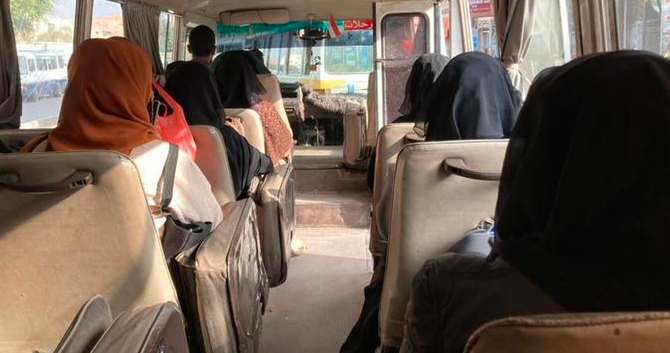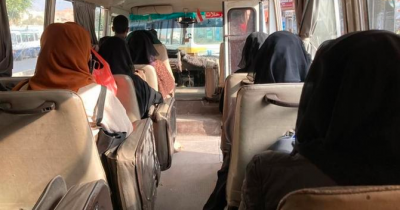Nine humanitarian workers in northern Yemen discussed their struggles to secure employment while facing one of the world’s worst humanitarian crises, as Houthi authorities tighten rules on male guardianship, limiting their mobility. When women refuse to be accompanied by a male guardian, they cannot travel to oversee aid projects, collect data, or provide health services, among other tasks. When a male guardian accompanies a woman, gender-sensitive work becomes challenging, resulting in additional costs for aid budgets.
The conflict in Yemen has divided the country between the Iran-aligned Houthis in the north and the internationally recognized government in the south, backed by a Saudi-led military coalition. This conflict has devastated the economy and healthcare system, leaving two-thirds of Yemen's 30 million residents in need of humanitarian assistance. Relief organizations state that female-headed households are more prone to food insecurity and face greater difficulties in accessing aid.
Relief groups highlight that they encounter difficulties in carrying out basic tasks in the absence of female staff, such as verifying the identities of women, who may need to unveil to receive food aid. Over the past year, female relief workers in Yemen have had to bring a male guardian to accompany them when crossing the borders of provinces controlled by the Houthi group. In four provinces, they even require a male guardian to move within the same province.
Women recounted how they are compelled to disrupt the education of a relative in school or bring along a sick relative to ensure a man is present in the vehicle. A health worker stated, "We bear the burden of covering the cost of the male guardian's accompaniment. The costs of accommodation, transportation, and food... it is not cost-effective for us or for the donors."




